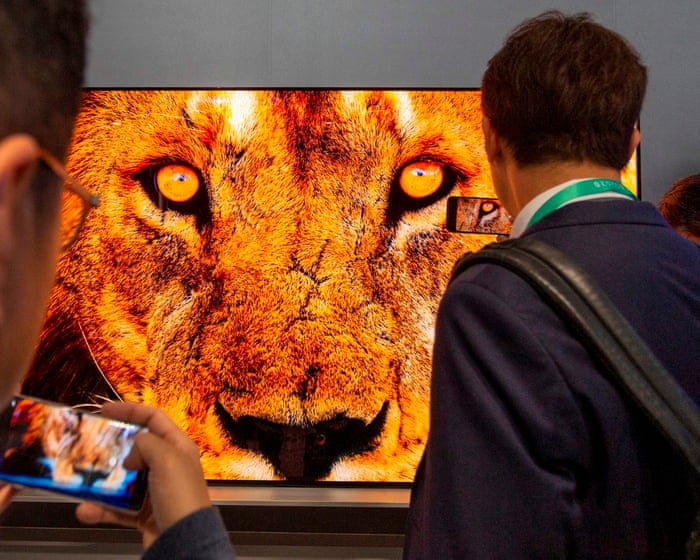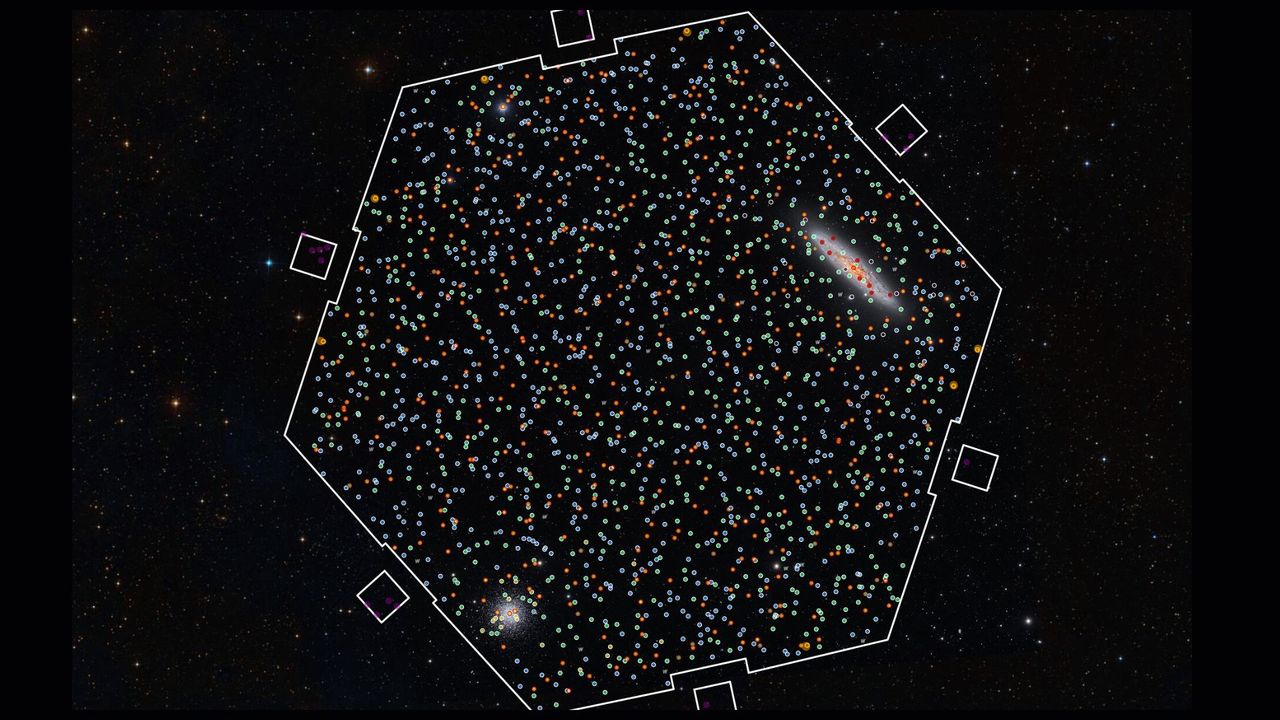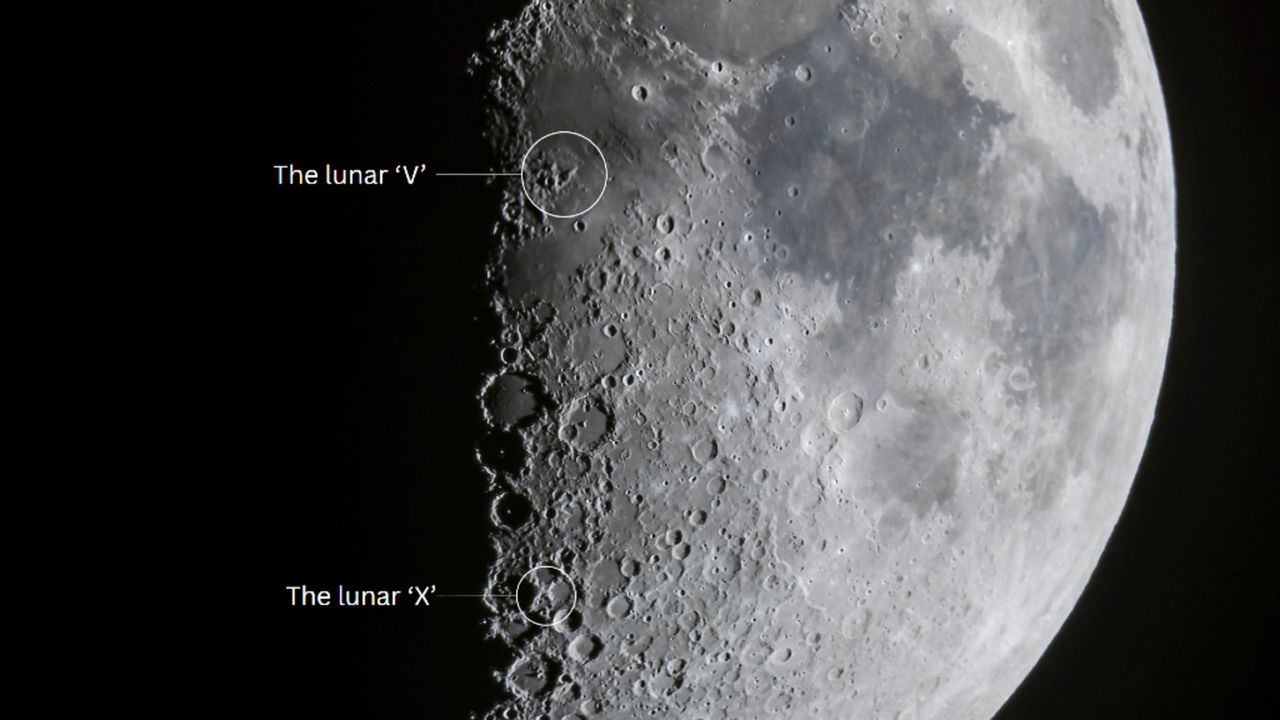Ultra-HD televisions not noticeably better for typical viewer, scientists say
NeutralScience

Recent research from the University of Cambridge and Meta reveals that for the average viewer, investing in ultra-HD televisions like 4K or 8K may not be worth it. The study indicates that these high-definition screens do not provide a noticeable advantage over standard 2K models in typical living room settings. This finding is significant as it challenges the common perception that higher resolution always equates to better viewing experiences, potentially saving consumers money and guiding future purchasing decisions.
— Curated by the World Pulse Now AI Editorial System





